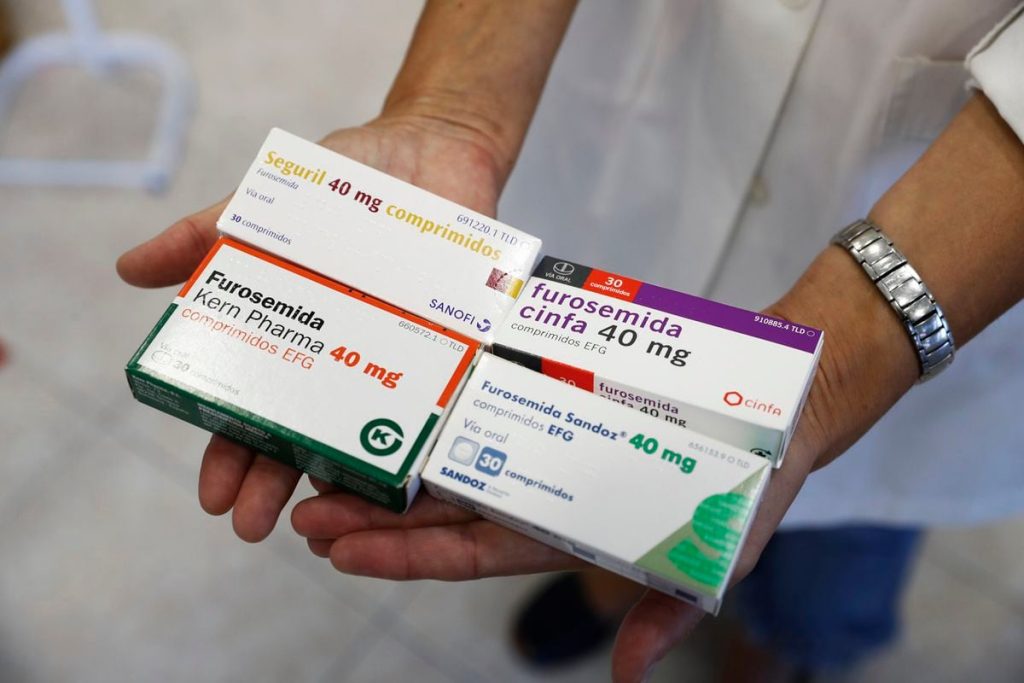Twenty-five years ago, generic drugs faced prejudices when they entered the Spanish healthcare system, as they had to convince doctors and patients that they were just as effective and safe as brand-name drugs. Despite these challenges, generic drugs have become an integral part of the healthcare system, representing 21% of public spending on pharmaceuticals. However, in recent years, the growth of generic drugs has stagnated, with only two out of every five pills sold in pharmacies being generic, and their market share decreasing significantly once a patent expires.
The competitive advantage of generic drugs lies in their ability to drive down prices, making medications more affordable for patients. They also play a crucial role in encouraging innovation in brand-name drugs, as the pressure from generic drugs pushes manufacturers to continue developing new medications. However, in Spain, generic drugs lag behind other countries in terms of market share, with only 41% compared to 65% in the European Union and nearly 90% in the United States. This disparity is attributed to regulatory and organizational challenges within the healthcare system.
Over the past 25 years, the evolution of generic drugs in Spain can be classified into three distinct stages. The initial phase, from 1997 to 2008, saw the establishment of generic drugs in the healthcare system. The second phase, spurred by the economic crisis in 2008, witnessed a significant increase in market share due to policies promoting the prescription of generic drugs. However, since 2015, there has been a slowdown in the growth of generic drugs, partly due to changes in legislation that no longer prioritize the prescription of generics over brand-name drugs.
To increase the role of generic drugs in the Spanish healthcare system, experts recommend changes in three key areas: pricing, prescription practices, and dispensing at pharmacies. The current pricing system, which mandates all drugs of the same type to be sold at the same price, poses a challenge. Experts suggest adopting a pricing system that allows for differentiation between generic and brand-name drugs, particularly during the initial period after a patent expires. Additionally, policies promoting the prescription of generic drugs by healthcare providers and the dispensing of generics at pharmacies are essential to drive the growth of generic drugs.
While the Ministry of Health is set to implement measures to support generic drugs in the upcoming Genomics and Biosimilar Plan, industry experts are concerned about the delays in its implementation and the potential impact of rising production costs on generic drug availability. Manufacturers of generic drugs are facing cost increases that cannot be reflected in prices due to regulation, leading to concerns about drug shortages in the future. Additionally, the lack of communication campaigns to promote the use of generic drugs among the public and healthcare providers is seen as a missed opportunity to increase awareness and adoption of generic medications.


